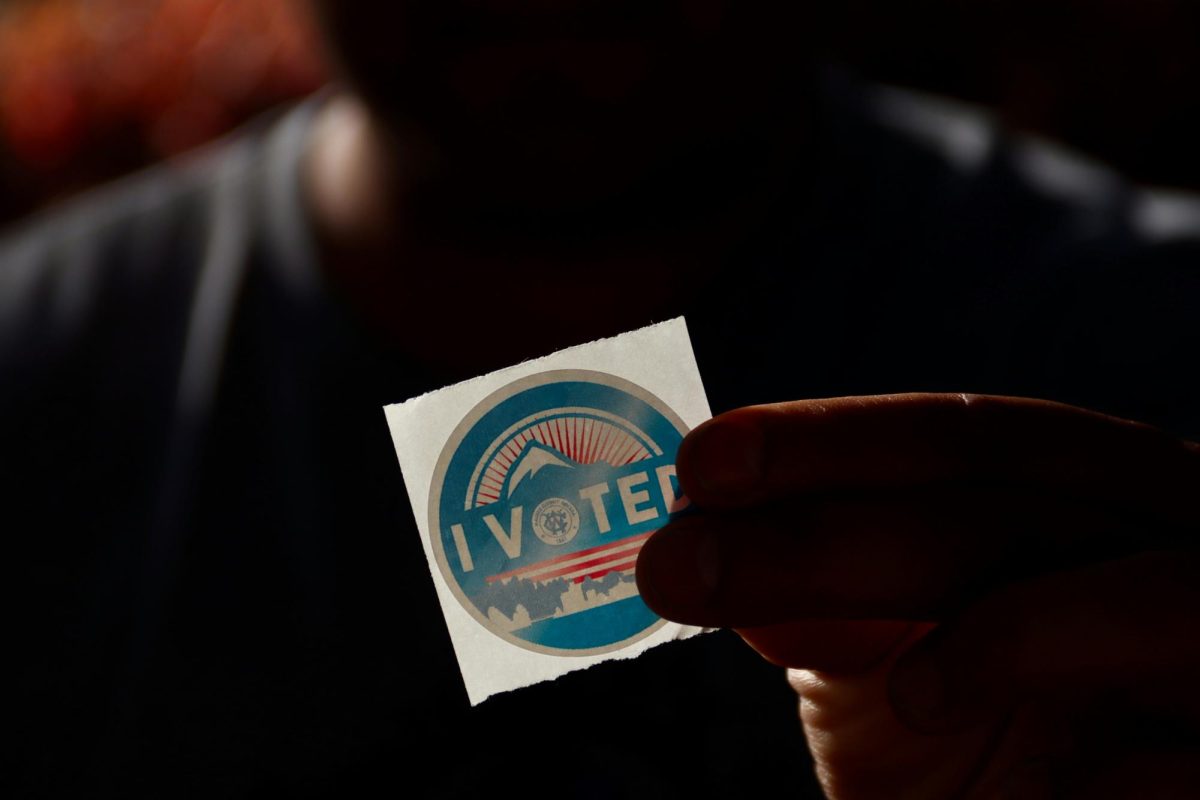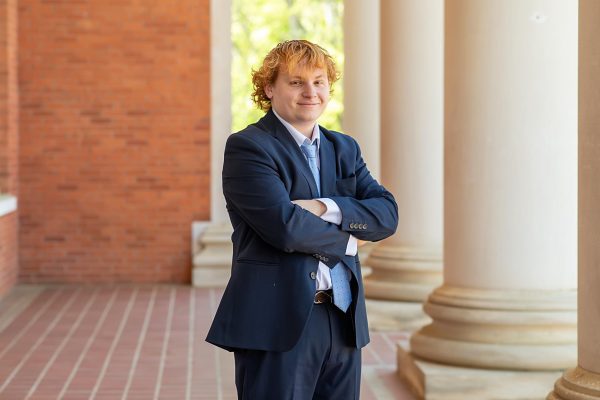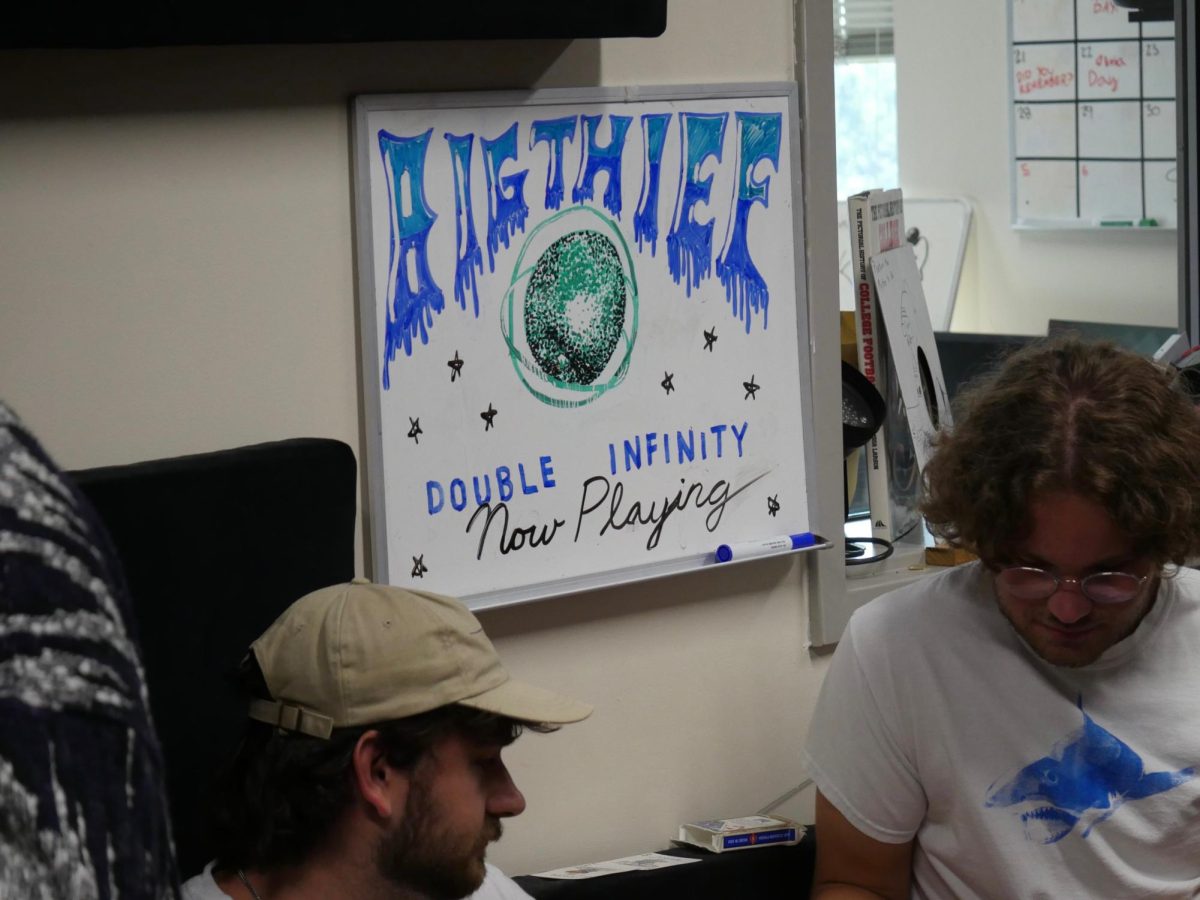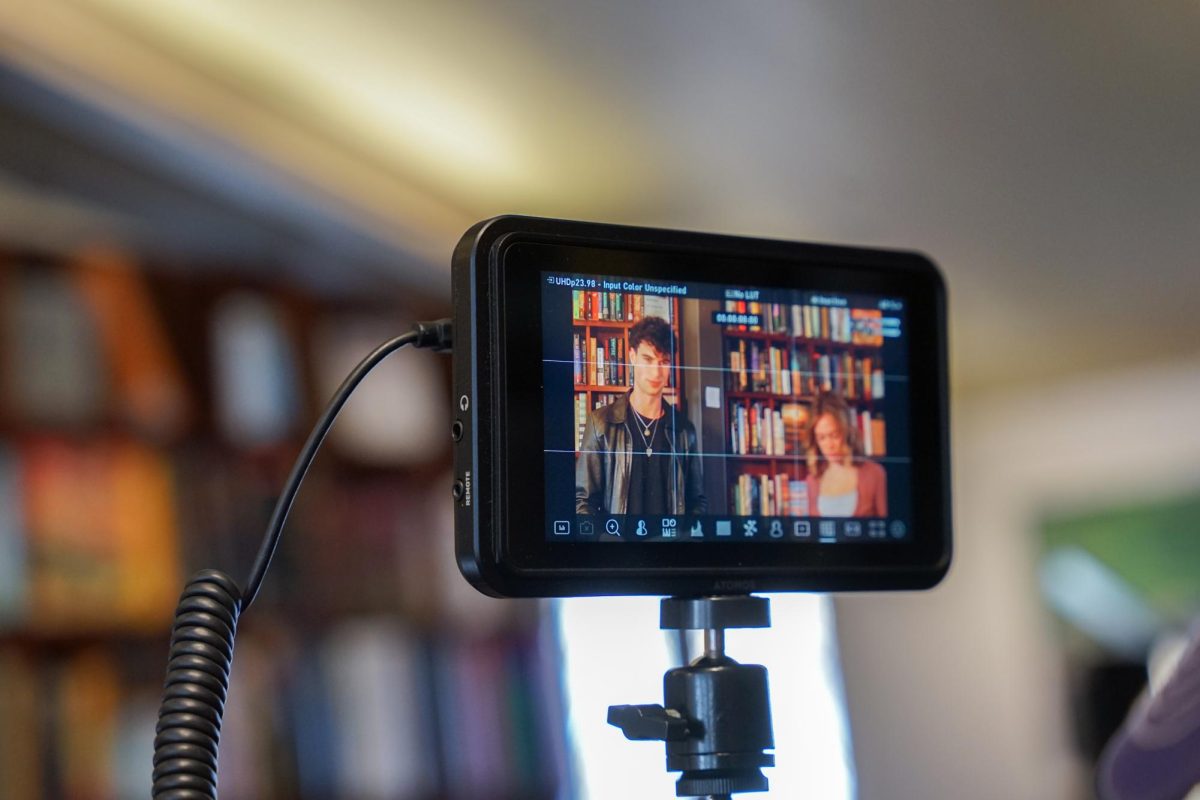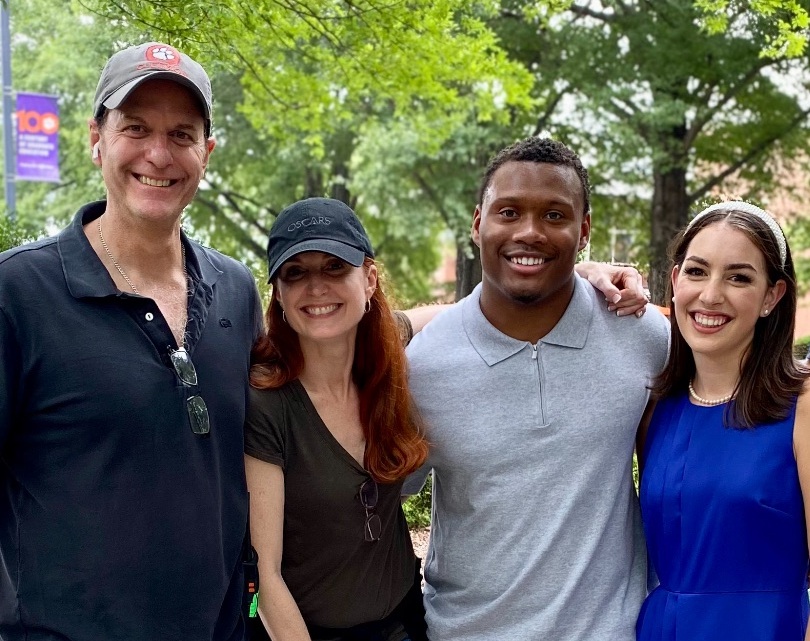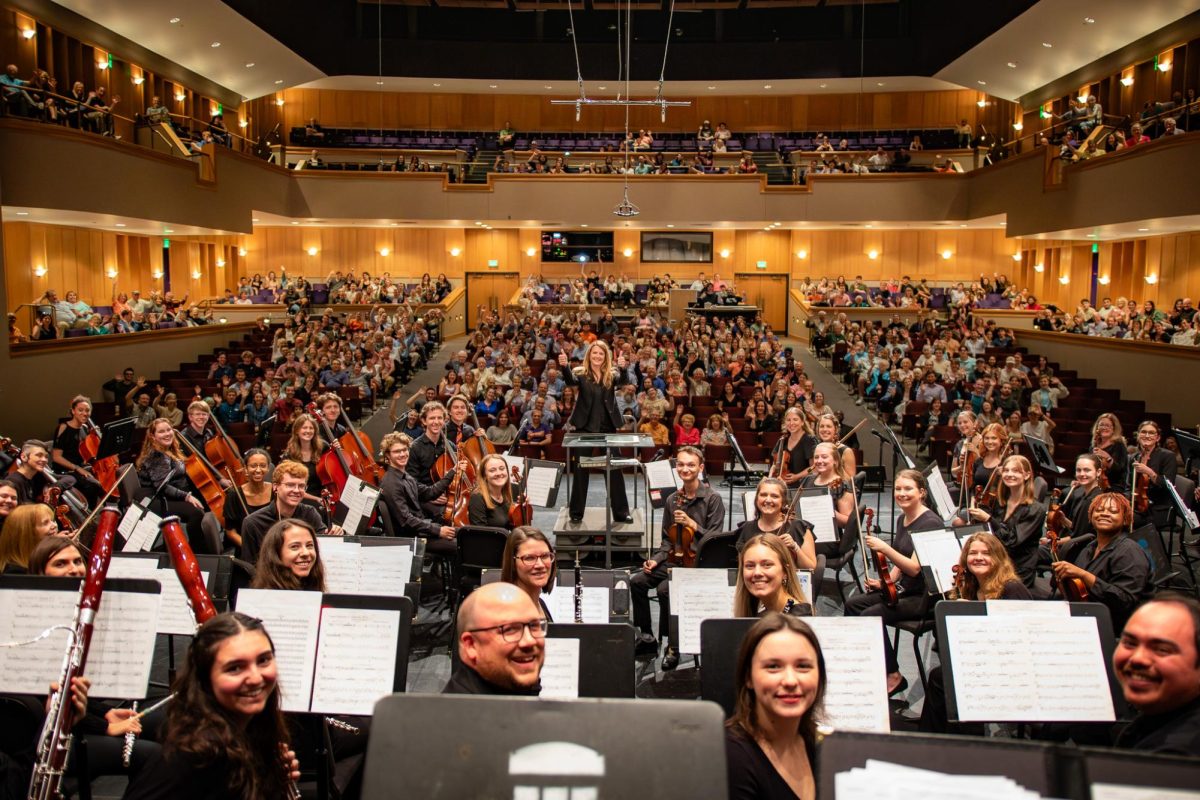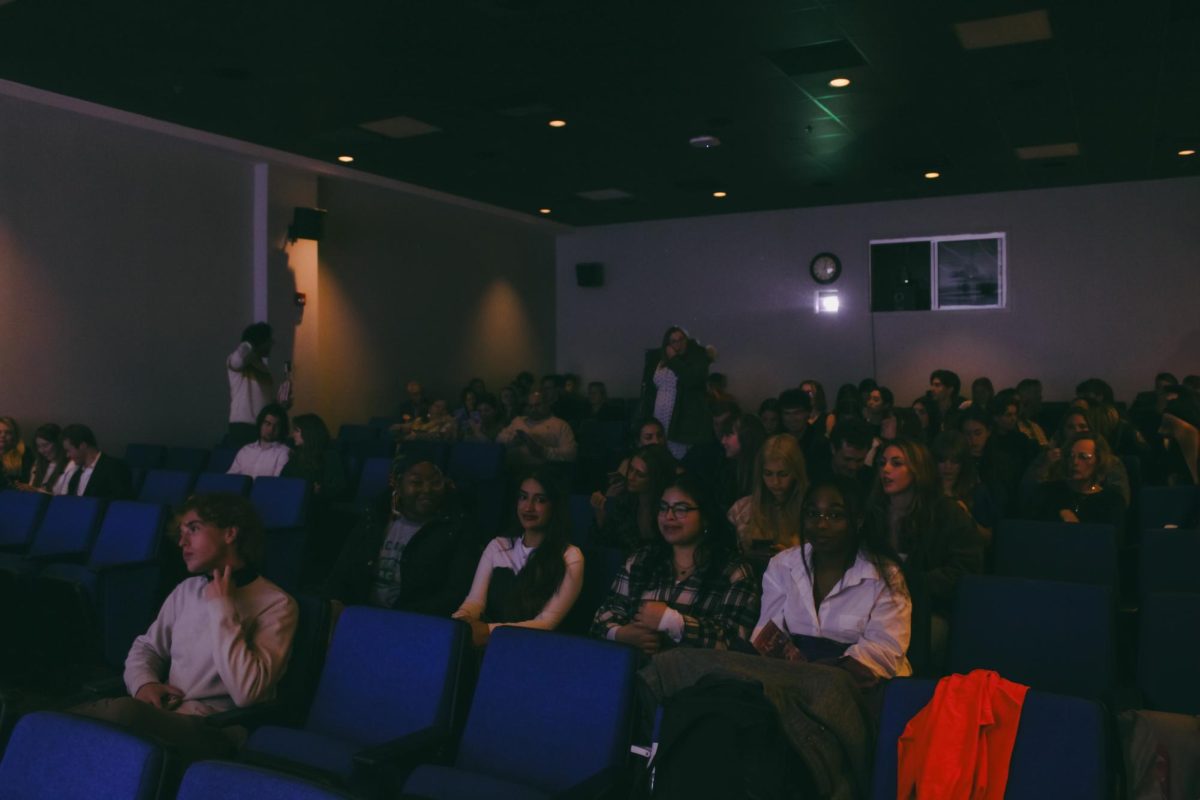Low voting turnout among college students is a national issue that has only been highlighted by the recent election. On Oct. 29, 13 attendees joined the Robert J. Rutland Institute for Ethics for a “Hot Topics” live panel discussion so that Clemson could address the issue and potential methods to remedy it.
The panel consisted of Stephen Phillips, a lecturer in the political science department; Leslie Lewis, an instructor and academic development liaison for Clemson University Honors College; and Kathrine Bedard, a senior economics major and member of Clemson Undergraduate Student Government.
“We aimed to select a discussion topic that was timely and politically relevant while consciously avoiding topics that could be polarizing,” Karen Burton, Rutland Institute fellow and Clemson Libraries staff member, said. “Our goal was to host an event designed to bring students together and empower them.”
The panelists answered various questions about college students’ voting habits, including their thoughts on students’ general feelings toward voting, ideas of disillusionment about the impact of voting, and what they felt were the most significant barriers to voting for Clemson students.
Those present agreed that college students display a variety of beliefs about voting, ranging from excitement at their likely first presidential election to frustrations about the voting process or the political state of the nation.
As the panel continued, panelists remarked that the most common feelings of disillusionment were believing that a student’s vote holds no sway in a pool of millions nationwide or holds no weight due to their state or region holding politically opposite beliefs.
The panelists reaffirmed that each individual vote does matter, explaining that local races often are often decided by a few dozen or hundred votes. Iowa Rep. Mariannette Miller-Meeks’ congressional race, where she defeated former Sen. Rita Hart by six votes, was used as an example.
Panelists discussed how education on the importance of local races and the impact of each vote would likely foster a higher turnout among college voters. They also reviewed methods of educating the populace, including beginning students’ civics education earlier in their academic careers.
“You don’t want to start educating people about how to vote, you know, just when they turn 18, you know this is something that you need before you turn up voting age. And I love all the ways that students have been engaging in various organizations across campus, with encouraging people to register to vote, and I do think that these peer-to-peer opportunities are a great resource.” Bedard remarked.
The final major topic, barriers to voting, took up the majority of the panelists’ time.
They discussed their beliefs on what hindered college-aged voters and then gave examples of methods to mediate these issues. The panelists identified barriers such as registration requirements, absentee ballot requests for those far from home or attending college out of state and certain states’ complicated and difficult absentee ballot request processes.
The Rutland Institute will host its next “Hot Topics” session on Feb. 19, discussing “the relevance of Afro-Feminism and its differences with Black and Western Feminism in the context of African and global perspectives.”



